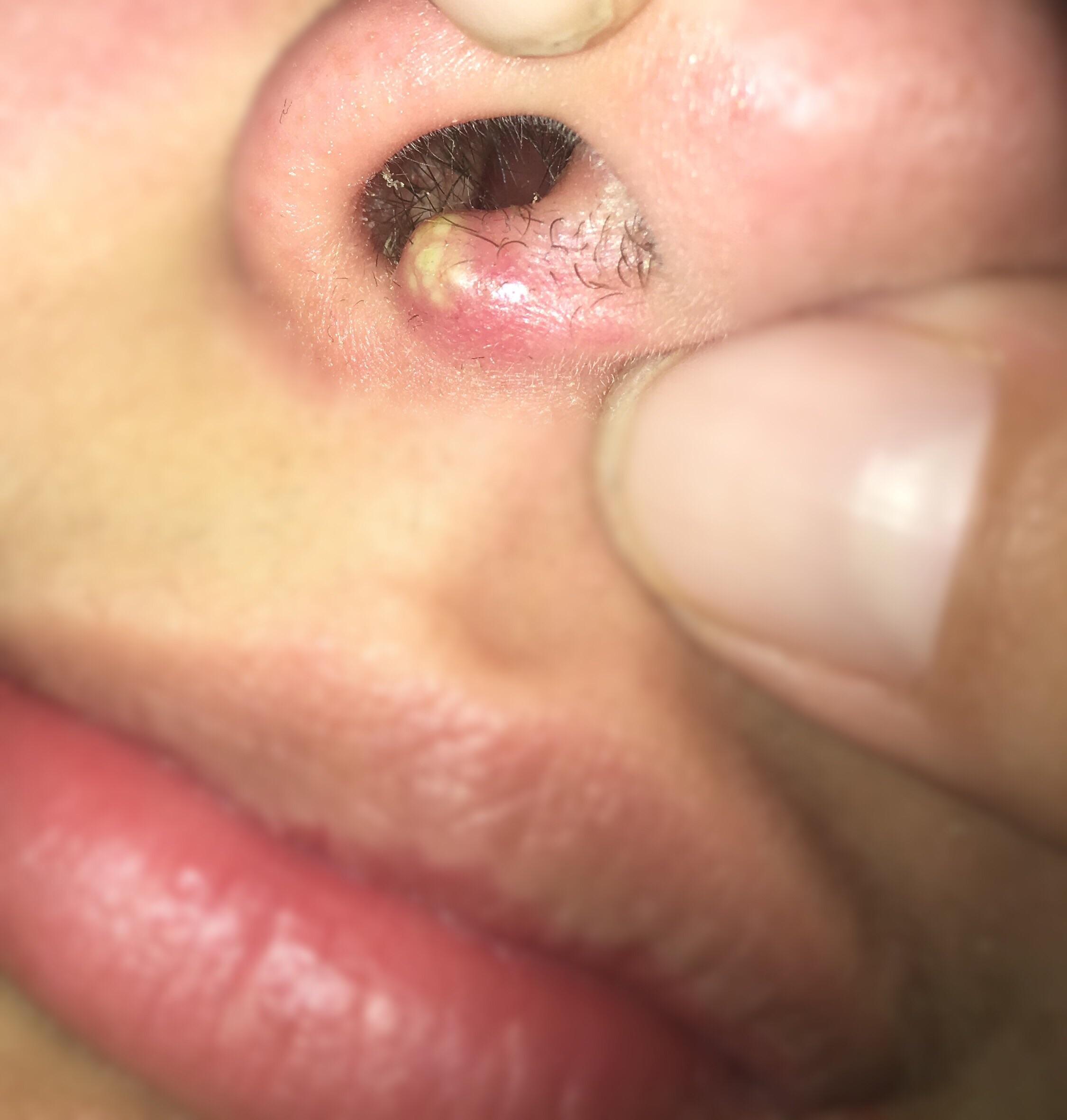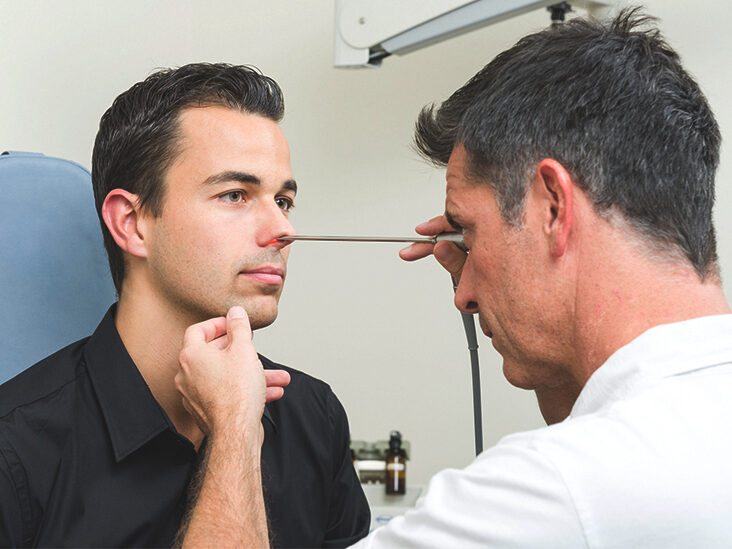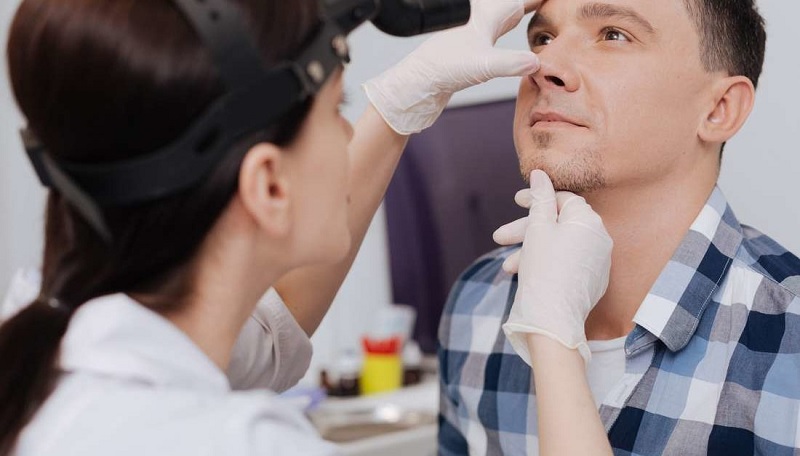Healthbeauty123.com – An Abscess Inside Nose is a common and painful bacterial infection. The nose can become infected with bacteria after an injury or infection in the sinuses. People with an abscess may experience difficulty breathing, fever, and a burning sensation. Patients may be prescribed antibiotics and may have a small incision made during a drainage procedure to drain the pus. Some people experience fever and headaches, as well as leukocytosis.
Causes of Abscess Inside the Nose Varies
The causes of an abscess inside the nose are varied. Most commonly, it is a bacterial infection that begins in the nasal cavities and spreads along the venous pathways. In very young patients, it can also be a symptom of underlying bone infection. Regardless of the cause of the infection, it is essential to treat the abscess immediately. An abscess should be treated with a combination of antibiotics and drainage. Surgical drainage of an abscess may be necessary, but it isn’t a necessary procedure.
The septum is an important part of the nose because it supplies the nasal cavity with oxygen and nutrients. A septal abscess may develop in the nasal cavity, and it can be quite painful. Because the septum is not directly vascular, it relies on diffusion and mucoperichondrium blood supply to ensure blood flow in the area. When an abscess develops inside the nose, it will compromise blood flow and could lead to tissue necrosis.

The most important aspect of an abscess in the nose is timely diagnosis. An obstructing sinus can lead to serious and life-threatening complications, and patients should be treated promptly. Abscess Inside Nose symptoms can occur anytime. During this period, it is vital to have a CT of the nasal septum. A CT scan will reveal the infection in an early stage, and a timely diagnosis is crucial for successful treatment.
Treating the Underlying Disease with a Nose Infection
In addition to treating an abscess, you can also treat the underlying diseases associated with your nasal infection. You should wash your nose thoroughly every time you feel a nasal infection and to avoid touching your nose with objects. If you suspect an abscess, call a doctor and seek immediate care. Your doctor will prescribe antibiotics for your nasal infection. You should also consult a doctor as soon as possible if the infection has spread to other parts of your body.
An acute bacterial sinus infection is a bacterial infection in the nasal cavity. The infection starts in the nasal cavity and causes pain and inflammation. This infection can last for up to 4 weeks and require antibiotic treatment. The treatment depends on the type of infection and your age. Your healthcare provider will ask you questions about your symptoms and medical history. He or she may recommend an endoscopy to detect the bacteria and rule out other complications. If you suspect an abscess, a CT scan may help to identify the bacterial source.

The abscess inside your nose can spread to other parts of your face. You may experience redness or pain in the tip of your nose, or the tip of your cheeks. A bacterial abscess inside your nose is highly dangerous and should be treated immediately. It can spread to your bloodstream and lymph nodes. Even your brain could be affected if the bacteria spread throughout your face. You should never ignore an abscess inside your nose if you experience any of these symptoms.
Topical Antibiotics or Ointments to Treat Abscess
Once diagnosed, your doctor will recommend antibiotics or topical ointments to treat your abscess. A hot compress three times a day for fifteen to twenty minutes may help drain a large boil. Surgery may be required in severe cases. A surgical abscess will be drained by a surgeon. The treatment will depend on the severity of your abscess and any complications it may cause.

In many cases, nasal vestibulitis is treated using topical antibiotic cream. Topical antibiotic cream can be purchased at most drug stores. This should be applied on the nasal vestibule for about 14 days. Even if your symptoms go away before that time, you should apply bacitracin to the nasal vestibule. If the infection continues to recur, oral antibiotics may be prescribed. In severe cases, surgical removal may be necessary.
Reference:






